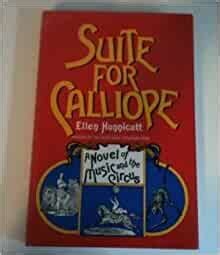A Quote by William James
To give the theory plenty of 'rope' and see if it hangs itself eventually is better tactics than to choke it off at the outset b abstract accusations of self-contradiction
Related Quotes
Sentient beings, self and others, enemies and dear ones-all are made by thoughts. It is like seeing a rope and mistaking it for a snake. When we think that the rope is a snake, we are scared, but once we see that we are looking at a rope, our fear dissipates. We have been deluded by our thoughts. Likewise, mentally fabricating self and others, we generate attachment and aversion.
If the theory accurately predicts what they [scientists] see, it confirms that it's a good theory. If they see something that the theory didn't lead them to believe, that's what Thomas Kuhn calls an anomaly. The anomaly requires a revised theory - and you just keep going through the cycle, making a better theory.
People are beginning to realize that self-knowledge is not an end in itself. It's for the purpose of better relationships, so that we can give to our community. You can give from overflow. It's very hard to give from emptiness. . . . People who avoid self-knowledge cause a great deal of pain to themselves as well as to their families and friends.
Trivers, pursuing his theory of the emotions to its logical conclusion, notes that in a world of walking lie detectors the best strategy is to believe your own lies. You can’t leak your hidden intentions if you don’t think they are your intentions. According to his theory of self-deception, the conscious mind sometimes hides the truth from itself the better to hide it from others. But the truth is useful, so it should be registered somewhere in the mind, walled off from the parts that interact with other people.
Forgiveness to letting go of a bell rope. If you have ever seen a country church with a bell in the steeple, you will remember that to get the bell ringing you have to tug awhile. Once it has begun to ring, you merely maintain the momentum. As long as you keep pulling, the bell keeps ringing. Forgiveness is letting go of the rope. It is just that simple. But when you do so, the bell keeps ringing. Momentum is still at work. However, if you keep your hands off the rope, the bell will begin to slow and eventually stop.
Self-righteousness is unavoidable. You can either be a self-righteous Pharisee where you think you are better than everyone else or you can be a self-righteous pagan who thinks you are better than the Pharisee. If you are a self-righteous person, I could become very self-righteous thinking that you're self-righteous and you think you're so good but I know you're bad. I know I'm bad so that makes me better than you.










































